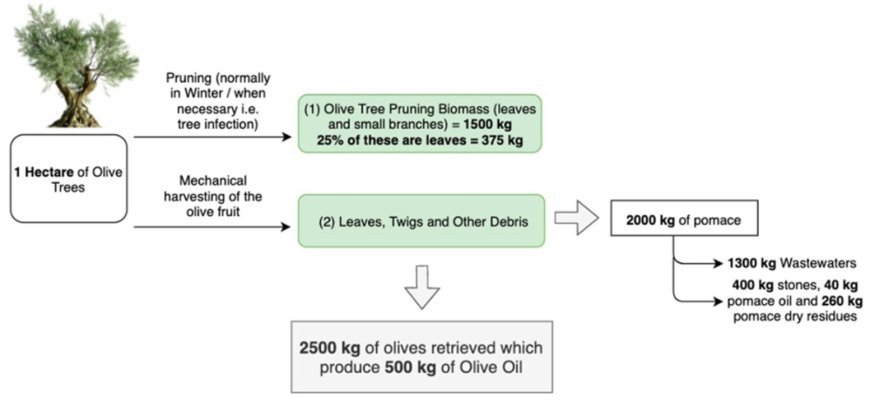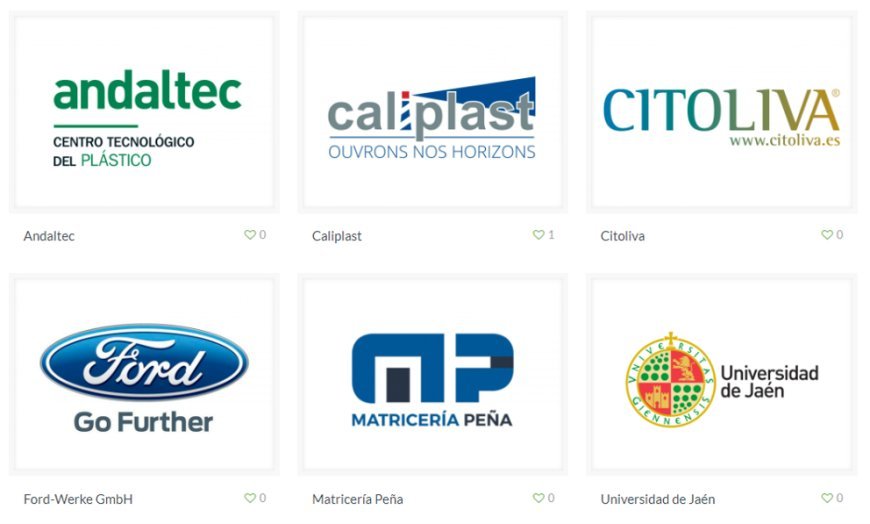Sustainable Material for Automotive Parts
Sustainable material for automotive, Automotive parts made of olive trees, Automotive parts of olive waste, Discover sustainable materials for automotive parts, offering environmentally friendly alternatives to conventional manufacturing. These materials, derived from renewable sources or recycled materials, contribute to reducing carbon footprint and promoting sustainability in the automotive industry.

Ford, has been actively involved in research into sustainable materials. Ford vehicles have been actively using sustainable materials such as soybean-based foam seats, headrests, recycled ocean plastic, etc.
Video Credit: Ford News Europe Youtube Channel
Ford is part of the COMPOLIVE project, which aims to develop a new generation of biocomposites based on olive pruning waste for industrial applications. Approximately 7 million tons of waste is produced by pruning olive trees every year which could be repurposed to create automotive parts.

Schematic designed to show the two processes where olive leaf by-products are generated
Image Credit: Research Paper
As part of the COMPOLIVE project, FORD created prototype parts with 40% olive tree fibers and 60% recycled polypropylene plastic, the substance was heated and injection molded into the shape of the selected part.
What is COMPOLIVE Project
The overall objective of the COMPOLIVE project is:
1. Revalorisation of olive pruning waste into biocomposites
2. Reduction of fossil-based virgin plastic by incorporating olive natural fiber into the matrix and the use of recycled PP
3. CO2 emissions reduction
4. New business models: fibers for the automotive sector, outdoor furniture, and home furniture
5. Economic and eco-friendly management of olive waste
Project Partners

What's Your Reaction?























